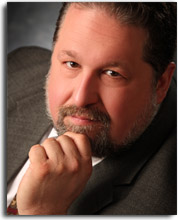Anyone who has watched a “B-Grade” detective movie knows what Miranda warnings are: “anything you say can and will be used against you in a court of law.” However, most people don’t realize that the police do not have to Mirandize you until you are arrested AND they are asking questions. As long as you are not under arrest, the police are free to question you all they want. Even after you are under arrest, the police can use any statements you make and they don’t have to read you your Miranda warnings until they start asking you questions.
Most people charged with crimes make the mistake of talking to the police. The police have no obligation to tell you the truth, nor do they have any authority to “cut a deal” for you. The only person who can make any type of binding “deal” is a prosecuting attorney. The police can only speak to the prosecutor about what they think is a good deal. Once a person has spoken to the police or confessed, they typically find out that they did not help themselves at all and that the police have charged them with the highest crime possible. Moreover, once a person has confessed, it is nearly impossible to raise a defense to the charges.
The best advice for anyone charged with a crime or potentially charged with a crime is to immediately call an attorney. Simply tell the police, “I would like to help, but first I need to speak to my attorney.”
The next best advice is to hire someone with experience to defend you. You want a person who knows and understands the system and who can tell you what to expect. My experience in criminal law includes eight life-offense trials (plus numerous life-offense cases which ended with positive plea bargains). I have done literally hundreds of other lesser felony defenses as well. My trial record is extremely good (although you should not use my track record to conclude that your case will have the same results), and there are many people who will provide you with personal testimonies as to how they feel about my representation.


